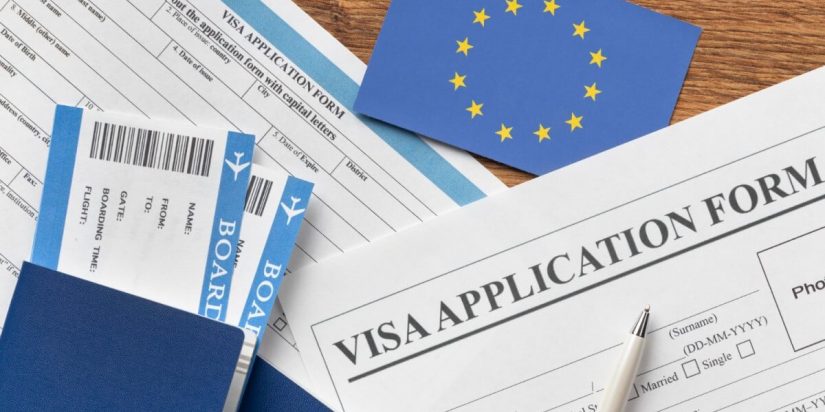Travellers Remain Confused About Single-Entry Schengen Visa Rules, Searches for Its Validity Jump by 5000%
As soon as the weather starts getting warmer, tourists from all over the world show interest in travelling to the Schengen Area.
However, a large proportion of travellers who need to obtain a visa are often not well-informed about single-entry visas, leaving them unsure whether they are able to visit multiple Schengen countries or not.
According to Google Trends, the number of searches for the validity of the single-entry visa has increased by 5,000 per cent. This is mainly due to the lack of proper information about the rules, SchengenVisaInfo reports.
Just like its name suggests, a single-entry visa allows a one-time entry in the Schengen Area for a maximum period of 90 days within a 180-day period.
Nonetheless, holders of a single-entry Schengen visa are not limited to entry to only one country part of the Schengen Area, Besart Bajrami, Founder of SchengenVisaInfo explains.
With a single-entry Schengen visa, travellers can enter multiple Schengen countries as long as they do not exit the Schengen Area.
This means that, for example, if a traveller is issued a German single entry visa, they are eligible to enter Germany or any other Schengen country and then continue their journey to the other member states from there without needing any additional documents, as long as they do not exit the Schengen Area.
Single-Entry Visa Becomes Invalid Immediately After Exiting Schengen Area
The single-entry visa becomes invalid as soon as the holder exits the Schengen Area. Thus, those granted a single-entry visa should not make travel plans scattered throughout different times of the year.
In case someone enters and exits the Schengen Area on a single-entry visa and they want to travel again after some time, they need to apply for the document again.
While Schengen visa applicants are able to indicate the type of visa they want, embassies get to make the decision.
There are times when applicants ask for a multiple-entry visa, and they get issued a single-entry visa. However, there are also times when the opposite happens, and applicants get issued visas with longer validity.
EU Might Soon Increase Schengen Visa Fee
Schengen visa applicants are currently required to pay a €80 fee. However, the Commission of the EU has proposed that the fee be increased by 12 per cent.
In line with the proposal, in the future, Schengen visa applicants might be required to pay a fee of €90 when applying for the document.
Only nationals of countries that have visa facilitation agreements with the EU will not be affected by the increase.



